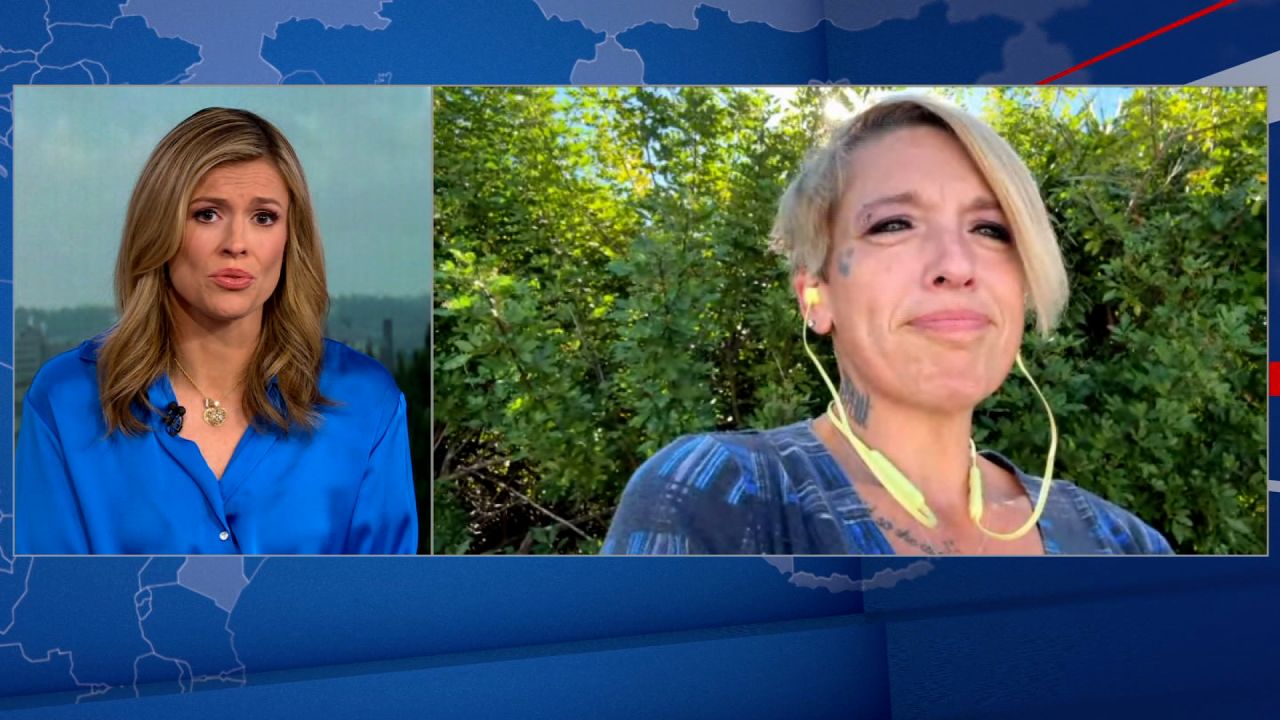A recipient of food assistance through the Supplemental Nutrition Assistance Program (SNAP) is grappling with tough choices due to missed payments. Chantille Manuel shared her concerns during an interview with CNN anchor Pamela Brown, emphasizing the impact of payment delays on her daily life.
Manuel highlighted the stark reality many SNAP recipients face: the need to choose between essential expenses. “At the moment, I’m deciding between putting gas in the car or buying something to eat,” she explained, illustrating the difficult trade-offs that come with financial constraints. The SNAP program is designed to provide assistance to low-income individuals and families, but recent disruptions have left many, like Manuel, anxious about their ability to meet basic needs.
The delays in payments have exacerbated an already challenging situation for numerous households across the United States. According to recent reports, nearly 42 million people rely on SNAP benefits to help purchase food. These delays not only affect food security but also create a ripple effect on other aspects of life, such as transportation and healthcare.
Widespread Impact of Payment Delays
The challenges faced by SNAP recipients like Manuel are not isolated incidents. With rising inflation and economic uncertainty, many families find themselves in precarious situations. The National Association of State Departments of Agriculture has noted that delays in disbursement can lead to increased food insecurity, particularly among vulnerable populations.
Manuel’s story reflects a broader trend affecting thousands of families. The inability to afford both gas and food can lead to difficult decisions that compromise health and well-being. In her case, she expressed concern about how these choices may affect her family’s nutrition. “When you have to choose, it’s not just about hunger; it’s about health,” she stated during the interview.
The SNAP program plays a crucial role in providing necessary support, but its effectiveness can be hindered by administrative challenges. As demand for assistance increases, advocates stress the importance of ensuring timely payments for those in need.
Calls for Reform and Increased Support
Community organizations and policymakers are calling for reforms to the SNAP program to enhance its efficiency and reach. As conversations continue around food security and economic support, the need for a robust safety net has never been more apparent.
Manuel’s experience is a powerful reminder of the human impact of policy decisions. Her story resonates with many who face similar struggles, underscoring the urgent need for solutions that address both immediate and long-term needs.
As the situation develops, it is crucial to keep the conversation going about how best to support individuals and families relying on SNAP. Ensuring that no one has to choose between filling their gas tank and buying groceries is essential for fostering a healthier, more equitable society.






